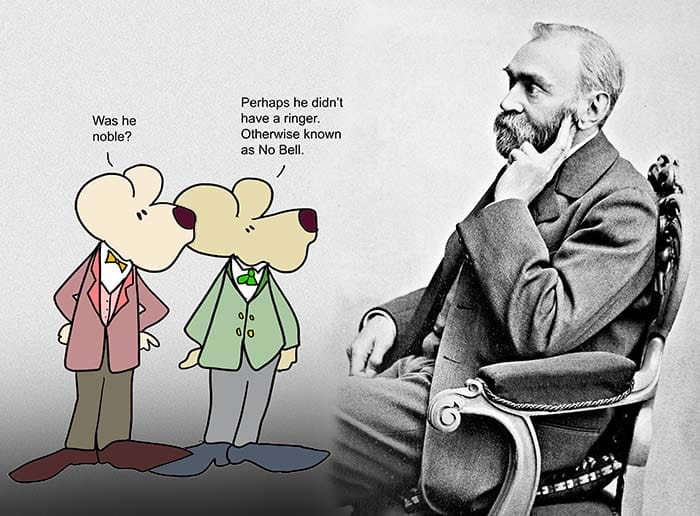To be noble is to have fine personal qualities or high moral principles and ideals. To be noble.
I know many noble people in this sense. (Nobility can also mean that a person belongs to a hereditary class with high social or political status. The Aristocrats. I don’t know many of those, but if I ever met the Queen, she’d be the one person on the planet I would curtsey for.)
Anyway, being noble is a way of life.
It isn’t like we wake up one morning and say, “Today? I’m going to be noble.” No, not at all. It is a lifelong shaping of us, a wealth of experience and learning, which brings us to the place of nobility. Or not.
Being noble, or deciding who is and who isn’t, can be a tricky thing. There are a lot of people out there who may call themselves noble in their thoughts. Yet, some other people may say otherwise.
Take, for example, America. Many people wish to help the poor, or the hungry, or the homeless. But sometimes, they only want to apply this help if the person is an American, like them. Or a Christian, like them. But if that hungry, homeless, poor person is from Mexico, say? All bets are off.
So we see nobility in the eyes of the beholder, I suppose.
I only think of this because I noticed that today is Alfred Nobel’s birthday. He is the creator of the foundation which awards the Nobel prizes. He was born, in Switzerland, on October 21, 1833.
Before I go any further, I understand noble, and Nobel are pronounced differently. But for a long time, when I was a kid, I thought it was the “Noble Prize.” I can remember looking “noble” up in the dictionary. I’m not sure at what age I learned differently, but for a long time, I thought people were given this award for high moral character. And actually, some are.
Anyway. Alfred Nobel was the owner of Bofors, a company that started out in iron and steel production. He thought he saw a need in the world for weaponry, so he turned the company into an arms manufacturer.
Nobel was an intelligent man. As such, he held a vast number of patents. Most of us know him for his discovery of dynamite. So, as a direct result of all his talent, ability to invent, and business savvy, Alfred Nobel became very wealthy.
At some point in his life, Alfred’s brother, Ludvig, died while in France. Some French newspaper accidentally published an obituary for Alfred instead. It referred to him as the ‘merchant of death’ and said: “Dr. Alfred Nobel, who became rich by finding ways to kill more people faster than ever before, died yesterday.”
Once Nobel read this obit, he was highly disappointed with how the world viewed him. So, he set out to improve this judgment. He tried to think of different ways to do this but finally came up with the idea of creating a foundation to award Nobel Prizes. In doing so, he left 94% of his wealth in a fund to establish those awards. Alfred Nobel died in 1896.
The first Nobel Prize Award Ceremony took place in 1901. The first Peace Price went to Henry Dunant, founder of the International Committee of the Red Cross. He shared the first Nobel Peace Prize with Frédéric Passy, a leading international pacifist of the time.
There are six categories in all. They are physics, chemistry, physiology or medicine, literature, peace, and economics.
So. Perhaps the winners have, or have not, been noble. Who is to say?
Which brings me to a different angle on all of this. Had it not been for that obituary, and the opinion of others about him, Alfred Nobel probably never would have designated his wealth in this direction.
Yet, he was highly affected by what others thought of him. Was he acting nobly? Was it pride? Was it fear? Or was he always a rock-solid guy sparked by an outside source? The bottom line. He cared what others thought of him, and it brought the world the Nobel Prize.
Today, may we all be noble in whatever ways we can.
========
“One finds nobility in the oddest places.”
― Cassandra Clare, Clockwork Prince
=========
“We should count time by heart-throbs. He most lives,
Who thinks most, feels noblest, acts the best.”
― Philip James Bailey, Festus: A Poem
=========
“You can easily judge the character of a man by how he treats those who can do nothing for him.”
― Johann Wolfgang von Goethe
=========
Noble is as noble does.
